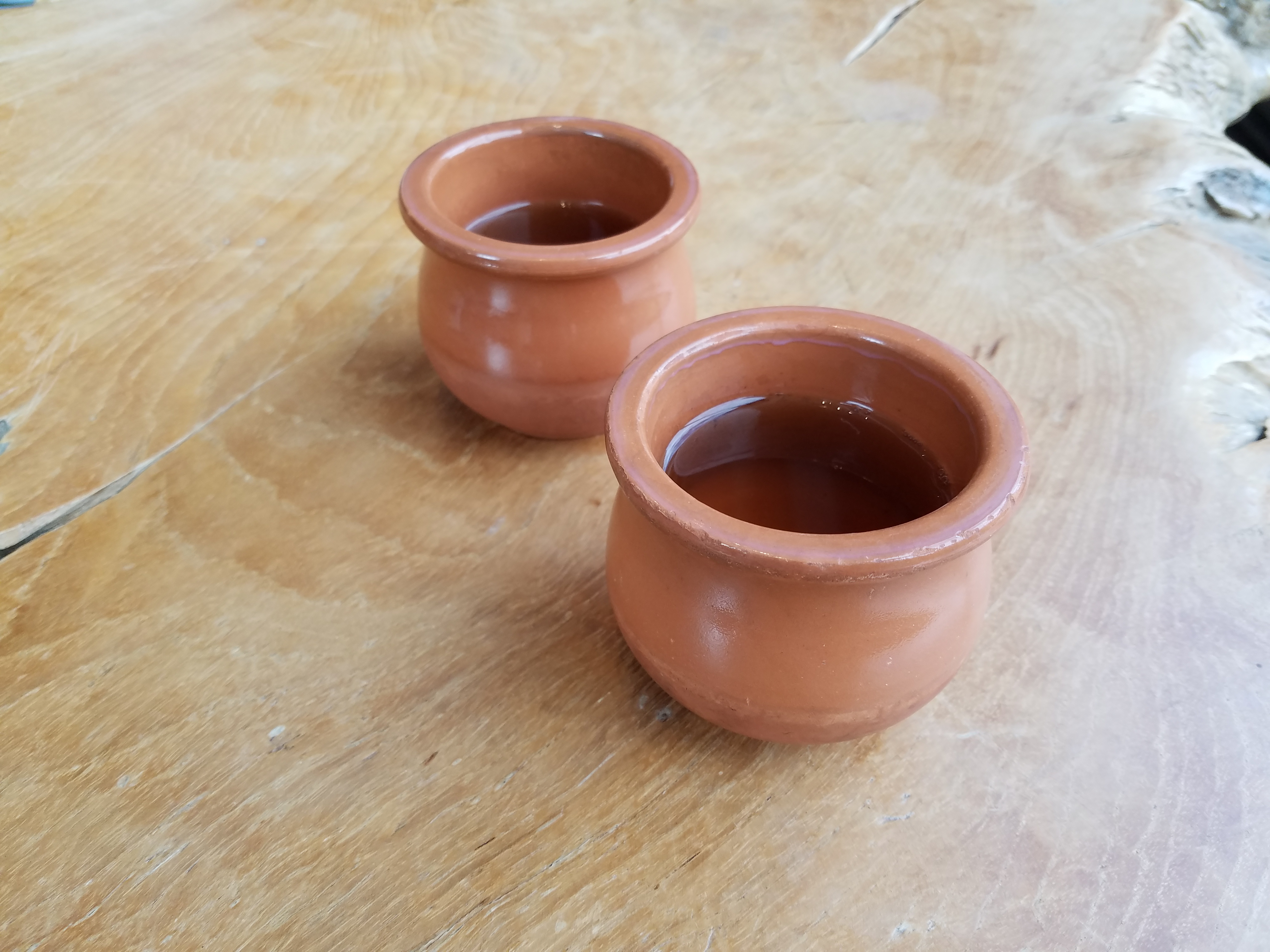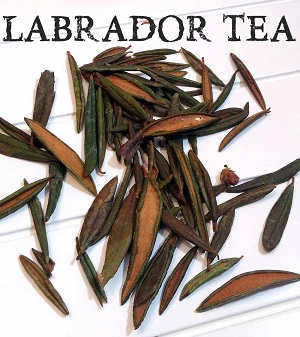Labrador Tea - A Patriot Tea
Posted by Selina Law on Sep 30th 2016
Most people know that tea (Camellia Sinensis) had a pivotal role in the American War of Independence, but how many of us know that an herbal infusion called the Labrador Tea also performed an important function in the same war?

I first learned about Labrador Tea when I was vacationing in Wendake, Quebec—a reserve of the Huron-Wendat Nation. Three different, but closely related, low, slow-growing shrubs with evergreen leaves can all be called Labrador Tea: Rhododendron Tomentosum (Northern Labrador Tea, previously Ledum Palustre), Rhododendron Groenlandicum (Bog Labrador Tea, previously Ledum Groenlandicum or Ledum Latifolium) and Rhododendron Neoglandulosum, (Western Labrador Tea, or trapper's tea, previously Ledum Glandulosum). These herbs have been used for generations by the native peoples of North America and also by the people in the northern parts of Europe.

It is generally agreed that infusion brewed from Labrador Tea alone is palatable but somewhat bland. For this reason, other plants and spices are very often blended in with its leaves to add flavor. In the past, many Native American or pioneer households might have developed their own distinctive recipes of Labrador Tea. I tried an infusion made from Ledum Groenlandicum (Bog Labrador Tea). The amber-color liquor had a mildly anise flavor, which can be produced by steaming Labrador Tea leaves with the roots of licorice fern.
Labrador Tea is supposed to be rich in vitamin C. It is believed that Native Americans used it to treat cracks, burns and skin inflammations. Other commonly known uses range from the common cold, cough, and upper respiratory infections to flu symptoms and upset stomach. It has also been used to alleviate the symptoms from the effects of a hangover. However, Labrador Tea has narcotic properties. If taken in concentrations that are too high, it can cause symptoms of intoxication.
During the War of Independence when black tea (Camellia Sinensis) had become the lightning rod for America’s rebellion against Great Britain, patriotic hostesses in Boston and Philadelphia served Labrador Tea as a substitute for regular tea. Few herbs can boast such impeccable revolutionary credentials!


